On October 13, 2022, the first session of the TetRRIS Policy lab took place. This was the first session of the lab, but it was also a long-awaited and special moment, as it was the first time that all the TetRRIS consortium gathered together after two years of project work. TetRRIS Policy Labs have been designed as a space for structured exchange among the project’s regional partners and stakeholders, to facilitate mutual learning, networking, and the creation of enriching synergies between the regions. The TECNALIA team planned the event on the occasion of the #EURegionsWeek with the idea to set up a combination of talks, debates, interactive dynamics, and mutual understanding exercises between the regions.
The public part of the Policy Lab was part of a dedicated programme of side events within this year’s priorities at #EURegionsWeek. This year, on the occasion of the 20th anniversary (2003-2022), side events contributed to reflect on the main achievements of cohesion policy over the past two decades, showcasing its impact on the quality of citizens’ lives and the social and economic convergence across European regions. In this case, TetRRIS wanted to contribute to the programme by reflecting on how to systematically integrate RRI practices into regional innovation systems and development approaches which can thereby embed value-driven transformation. The session brought together experts in the field and regional representatives that are currently implementing and promoting Responsible Research Innovation (RRI) into their Smart Specialisation Strategies (S3) sharing experiences on how more open, transparent and democratic territorial research and innovation actions can help to trigger a transformative and opening effect on different regions, and facilitating systemic change in them.
The event opened with a presentation from Katerina Ciampi (OECD) that explained how S3 came to be and how it can be considered a new industrial policy. During her talk, she also recapped the major points of criticism towards S3 and how these strategies are facing a reorientation to address societal challenges. The next presentation was by Hannah Schimdberger (EC) who introduced to the audience the concept and practicalities behind the “Partnerships for Regional Innovation” (PRI) initiative which is promoted by the Joint Research Centre and where many regions across Europe are embarked on adapting S3 to sustainability.
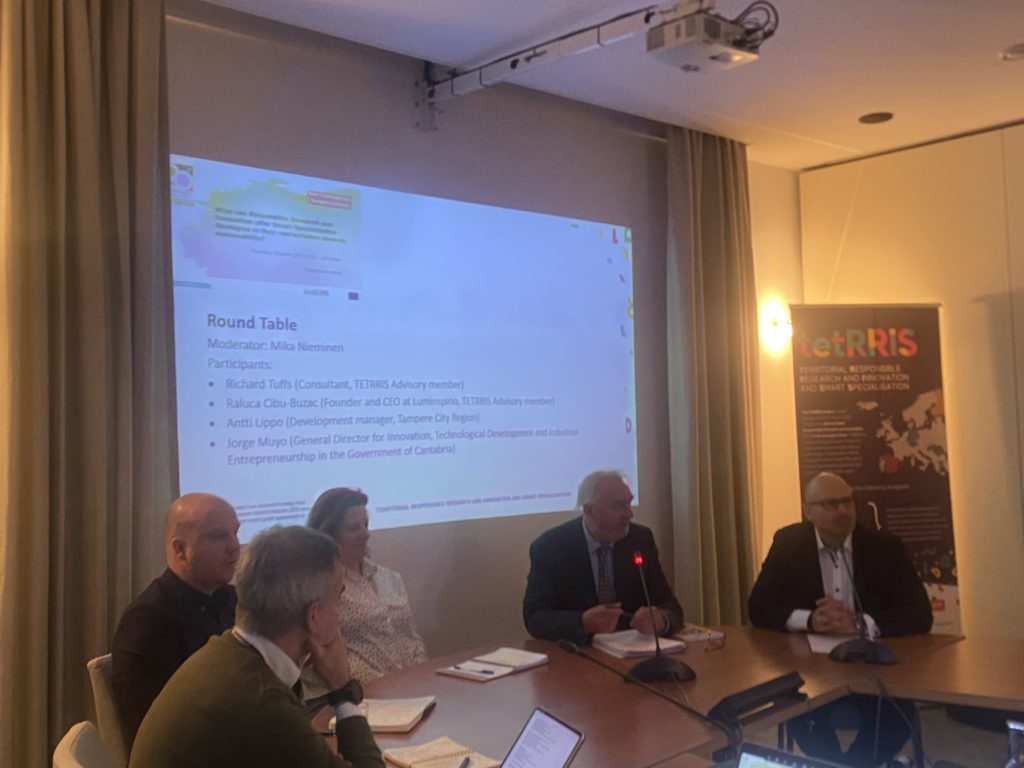
The public event was closed with a round table chaired by the coordinator of the TetRRIS project, Mika Nieminen (VTT), who introduced the four panellists: Richard Tuffs (Friends of S3), Jorge Muyo (Cantabria Government), Antti Lippo (Tampere City Region) and Raluca Cibu-Buzac (Luminspino). After a brief introduction and reactions of the panellists to the two talks a lively debate emerged about common challenges that are faced at the regional level and related to responsibility in innovation policies. All speakers agreed that regions should recover the partnership culture that has been somehow affected by the pandemic. At the same time, they mentioned several challenges and issues that affect innovation policy nowadays, which necessitate collaboration between different departments in public administration (welfare, education, health, among others). To wrap up the session was a question and answer period, with a coffee break to follow. A recording of the public portion of the policy lab is available here.
The second part of the policy lab involved a private session for the members of the consortium. The private session started with a “stocktaking session” with representatives from the four regions that take part in TetRRIS project (Cantabria, Karlsruhe, Szged-Timisoara, and Tampere). This exercise was oriented to extract information from regional representatives in an oral way after more than two years of virtual meetings. These interviews were designed to promote interaction between participants and get into the details of the pilot actions to incorporate RRI dimensions, keys and values into regional S3.

After the interview sessions, a co-creation exercise was orchestrated to identify barriers, challenges and drivers during the experimentation stage at the four regions. The afternoon was closed with a plenary where all participants were asked to reflect on what went well and wrong during the day and what are they expecting/would like to see in future events.
The TECNALIA team is also organising the next session of the TetRRIS Policy Lab that will be held in Santander in February (more on this to follow). This will be a larger event that will consist of two days of talks (open session) and other participatory activities associated (private session).
We look forward to meeting you at the beautiful Santander next year!
Hits: 269


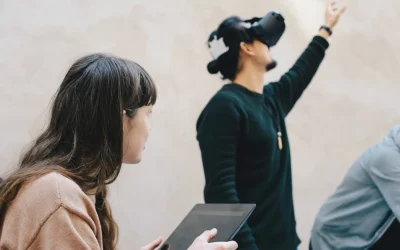

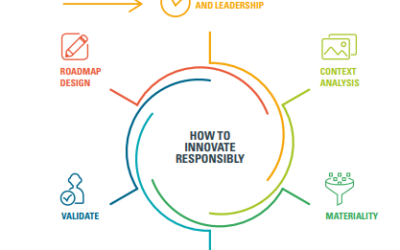
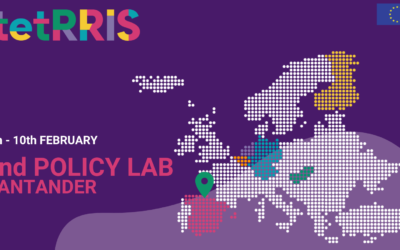
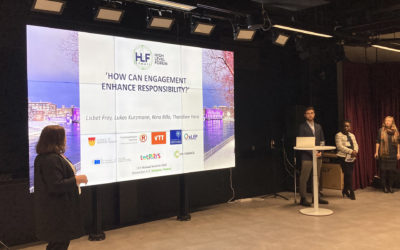
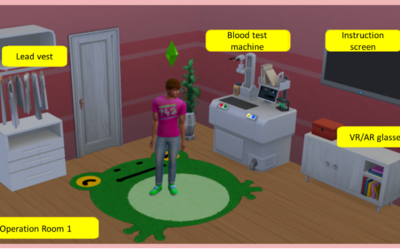

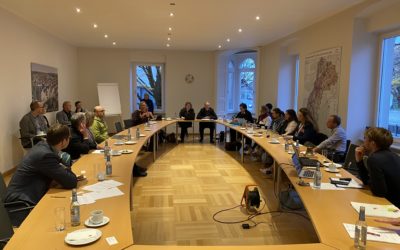
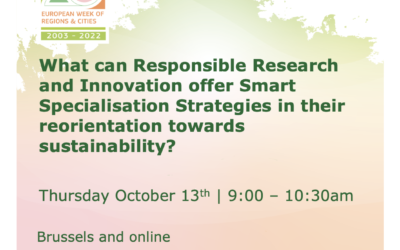
0 Comments